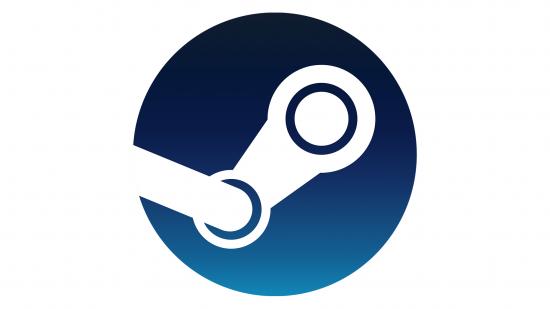Update, December 5: Valve has issued a statement regarding the Steam store traffic bug.
Earlier this week, a number of indie developers noted that a change to Steam’s discoverability algorithm has led to lower store traffic and reduced sales – as low as half of previous averages. That bug was introduced to the store in October, and while it was fixed just a week later, those figures still haven’t recovered.
The bug saw Steam recommending big, popular games to the exclusion of smaller ones that might be more relevant to individual players’ tastes, but that’s only part of the story. The issue came alongside an update to the discovery algorithm, but intentional changes to that algorithm have also led to continued reduced sales for certain titles.
Valve has now issued a statement explaining the origin of the bug. That reads that “On October 5th, we deployed some code to Steam that changed the defaults for our search queries to factor in sales and wishlist activity more than before.” That was meant to be a fix to another bug preventing less relevant games appearing in your searches.
In fact, what it actually did was “de-boost” similar games, bringing the platform’s most popular games to the surface of searches while bumping other relevant games to the bottom of the list.
This mistake was compounded with experiments on the store’s algorithms which meant that some players were seeing fewer games than before. As a result “overall impressions and views for the ‘More Like This’ section did show a substantial decrease for about two weeks after the initial bug.” Valve claims that traffic had returned to normal by the end of October.
Indie dev Jake Birkett offered one of the most detailed breakdowns of the effects of the dip in traffic in a blog post titled ‘Steam’s discovery algorithm killed my sales.’ Most notably, Birkett says that he “compared full price sales before and after the October bug (being careful to avoid weeklong sales and Steam sales) and my total units sold have halved. Revenue has dipped even more because our most expensive game has dropped to 36% of previous unit sales.”
The topic has been a hot one among indie devs this week, but as Simon Roth notes on Twitter, “we should consider that our sample of developers whilst large was self selecting.” Some devs have even benefited from the changes. But the issue is that no one knows exactly when these changes are happening or why, and with Steam’s position as the de facto king of PC game distribution, subtle shifts in discoverability can have a big effect on small developers’ livelihoods.
Valve also recently introduced a new Steam revenue split that offers big benefits to big titles compared with smaller ones – and just days later, Epic announced a store that would offer an 88/12 split no matter a game’s revenue. The Epic Game Store versus Steam will be a notable battle for game developers, but it’s one that’s important for users, too. The more options we have for where to buy games, the more those individual stores will have to compete and improve.
